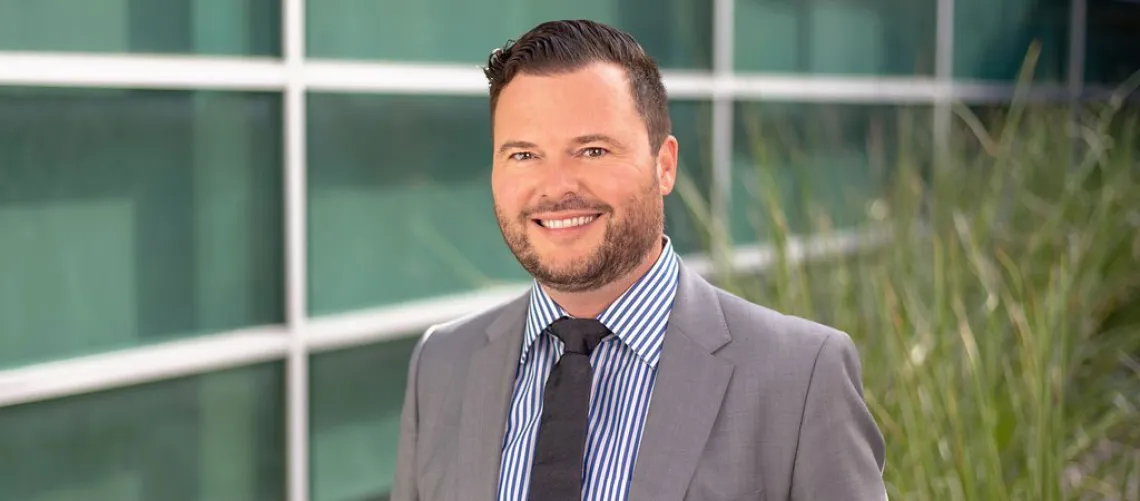The Role of Hope in Financial Decision-making

With pensions having gone the way of the dinosaur, the net effect of poor financial choices could wreak economic disaster as legions of Americans age out of work without money in the bank. Researchers have struggled to unpack what drives good financial decision-making, studying factors like just-in-time education and parental role modeling, but one variable that hasn’t seen scrutiny is that essential human emotion, hope. New research by Martin Reimann shows hope clearly plays a role in financial choices, with implications ranging from forfeiting a fiver in the office betting pool to a woefully inadequate 401(K).
Reimann, assistant professor of marketing at the University of Arizona’s Eller College of Management and a founding editor of the Journal of Neuroscience, Psychology, and Economics, worked with three other researchers to isolate the role of hope in higher- or lower-risk financial choices. Subjects participated in a series of experiment scenarios ranging from imagining how they’d wager as a game show contestant to believing they were putting their own money on the line in a live bidding war for unknown contents in a storage unit.
After controlling for things like fear and risk-averse personalities, the researchers again and again found a convergent pattern of behavior around two variables: hope (defined here as a function of how much one wants a possible outcome) and threat (barriers, unknowns and potential havoc on the path to a goal). When participants wanted something badly and had little reason to think they couldn’t get it, they made lower-risk financial choices. But when people in those same high-hope states of mind saw their desires threatened, they gravitated to riskier financial choices.
Together, the studies show the need to better understand how perceived vulnerability plays a role in financial well-being. “People with strong hopes for certain financial outcomes make lower-risk investments, and while that’s often a good thing, it could work against goals in some situations,” Reimann said. Most financial advisors, for example, suggest that people with longer savings windows make higher-risk investments. “If they feel reaching that nest egg is a given, they may invest too conservatively and end up undersaving. On the flip side, feeling too strong a threat could induce a kind of gambling mentality that also doesn’t serve long-term financial goals.”
Findings from the study by Reimann and co-authors Deborah MacInnis (University of Southern California), Gergana Y. Nenkov (Boston College), and Maureen Morrin (Temple University) were published in 2014 in the Journal of Experimental Psychology (Vol. 20, No. 4) in the article “The Role of Hope in Financial Risk Seeking.”

